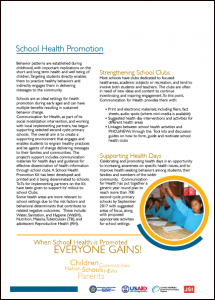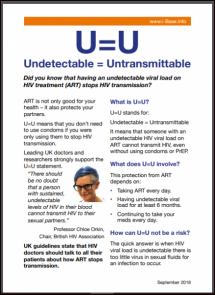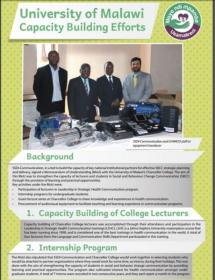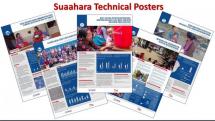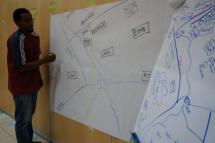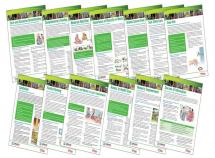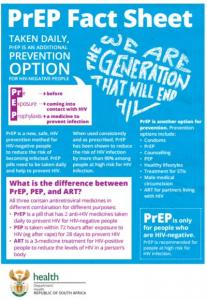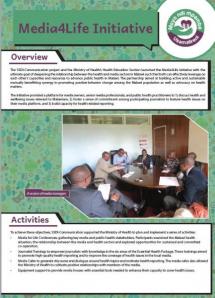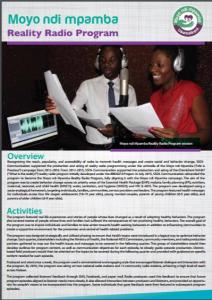Malawi – Moyo ndi Mpamba Reality Radio Program
This radio program, part of the Moyo ndi Mpamba campiang, featured real life experiences and stories of people whose lives changed as a result of adopting healthy behaviors. The program also covered stories of people whose lives and families had suffered the conssequences of not practicing healthy behaviors.
The overall goal of the program was to inspire individuals and families to take action towards health seeking behaviors in addition to influencing communities to create a supportive environment for the prevention and control of health related problems. The program was designed strategically and utilized phasing to ensure that health topics were introduced in a logical way. The program was aired once weekly, using a conversational style that encouraged listener dialogue and interaction.
By 2016, the program was airing on two national radio stations and 14 community radio stations, achieving a high level of reach across Malawi. The program collected listeners’ feedback through SMS, Facebook, and paper mail. Radio producers used this feedback to ensure that future program episodes aligned to listener needs more closely. It also allowed interaction between producers and listeners, and provided an opportunity for people’s voices to be incorporated into the program. Some individuals that gave feedback were then featured in subsequent program episodes.
SSDI-Communication supported the Ministry of Health in realizing its ambitious health promotion agenda by developing and running a multimedia, multi-level Moyo ndi Mpamba, Usamalireni (“Life is precious, take care of it”) campaign, from 2011-2016. The ultimate goal of this campaign was to promote positive health behaviors and create demand for available services across six focus health areas – HIV & AIDS; family planning; nutrition; maternal, neonatal and child health; malaria; and water, sanitation and hygiene – and with audiences across the socio-ecological landscape and all targeted life stages.
Source: SSDI-Communication
Date of Publication: March 25, 2019

